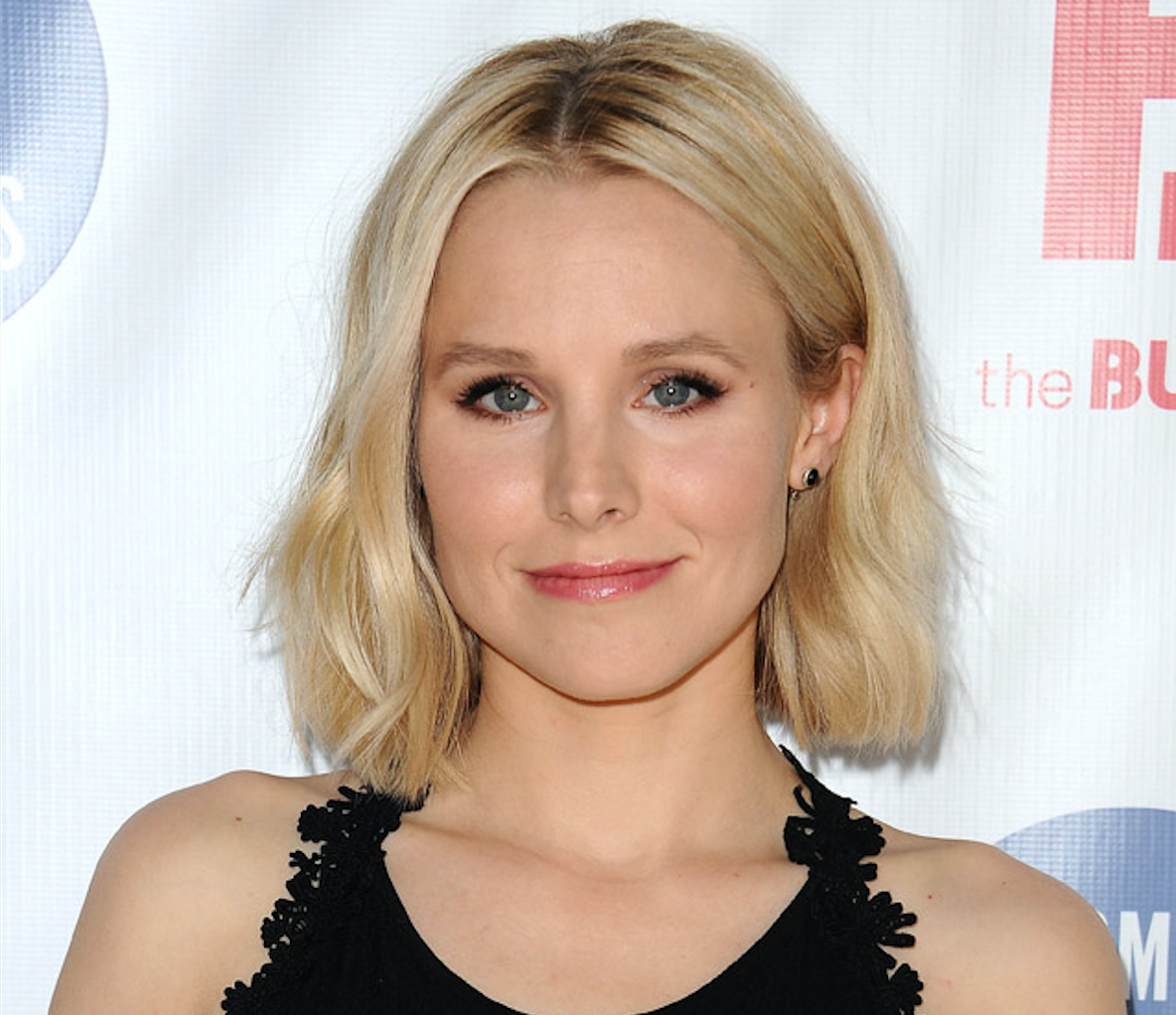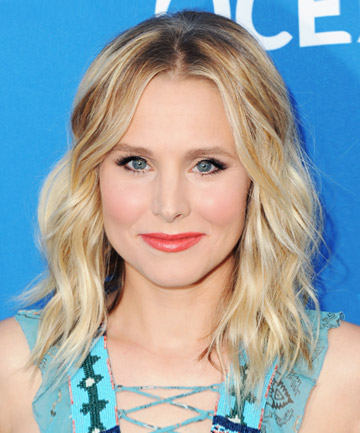Myth About Vitamin Welcome to Sun Blocked, Refinery29’s worldwide initiative to raise awareness of the grave risks associated with tanning. We guarantee no lectures or humiliation. There is no such thing as safe sun; instead, we want to provide you with the knowledge you need to protect your skin as much as possible.
The most widespread misconception about Black hair and skincare that I have encountered in my years as a magazine editor, as well as from my family and friends, is the idea that “Black people don’t need sunscreen.” I’ve heard every conspiracy story there is against sunscreen use. Maybe you have as well. Sunscreen was never worn by our ancestors! Why should Black people in the UK apply sunscreen but they don’t in warmer climates?
Black folks don’t get UV rays, do they? Dermatologists and aestheticians are adamant that, despite the fact that Black people are underrepresented in skincare research, these are reasonably valid questions. Black and brown individuals do, in fact, need to wear sunscreen. Complete halt.

Myth About Vitamin Our editors have chosen each connected product on their own. We could receive a commission if you buy any of these goods Woman basking in the bright sunshine with her eyes closed.
Welcome to Sun Blocked, Refinery29’s worldwide initiative to raise awareness of the grave risks associated with tanning. We guarantee no lectures or humiliation. There is no such thing as safe sun; instead, we want to provide you with the knowledge you need to protect your skin as much as possible.
The most widespread misconception about Black hair and skincare that I have encountered in my years as a magazine editor, as well as from my family and friends, is the idea that “Black people don’t need sunscreen.” I’ve heard every conspiracy story there is against sunscreen use. Maybe you have as well. Sunscreen was never worn by our ancestors! Why should Black people in the UK apply sunscreen but they don’t in warmer climates? Black folks don’t get UV rays, do they? Dermatologists and aestheticians are adamant that, despite the fact that Black people are underrepresented in skincare research, these are reasonably valid questions. Black and brown individuals do, in fact, need to wear sunscreen. Complete halt.
Myth About Vitamin The best protection against damaging UVA and UVB radiation, premature ageing, hyperpigmentation, and skin cancer is consistent use of SPF sunscreen, which also protects melanin-rich individuals against sunburn. However, a recent inquiry from a coworker caused me to pause: “Should Black people wear sunscreen if Black and Brown people are more prone to vitamin D deficiency?”
I recognize the necessity for clarity. To suggest that people of color need the light is to put it mildly. The NHS states that people with darker skin are more likely to be vitamin D deficient since sun exposure decreases the production of vitamin D due to increasing melanin in the skin. For darker-skinned individuals like myself, it’s critical to recognize our increased risk. Symptoms of a vitamin D deficiency include depression, exhaustion, bone and joint pain, muscle cramps, and a weakened immune system. That being said, a lot of “anti-sunscreen conspiracy theorists” falsely claim that people who are vitamin D deficient should completely avoid using sunscreen. This is particularly true on Tikor, where there is a purported anti-sunscreen movement.

Myth About Vitamin Black dermatologists and aestheticians collaborated with Unbothered to simplify the science behind sunscreen and vitamin D for R29’s Sun blocked series, ensuring that false information doesn’t prevent people from getting enough sun protection.
Do those with darker skin tones who utilize sunscreen have less absorption of vitamin D?
Although there is still more to understand, since the epidemic there have been more important discussions in the mainstream media regarding the specific ways in which vitamin D insufficiency impacts the health of Black people. It makes sense that some of the advice given to Black people to “top up” their vitamin D levels by going outside causes difficulty for them. Given that the skin produces vitamin D when exposed to direct sunlight, is it possible for sunscreen, which shields skin from ultraviolet B radiation, to impede the skin’s ability to produce vitamin D?
“There is little evidence that wearing sunscreen reduces the amount of vitamin D that the skin produces,” states dermatologist Dr. Derrick Phillips, a consultant in London. “Several studies have looked at the effect of sunscreen on vitamin D production.” He continues, mentioning the Fitzpatrick scale, an outdated measurement that is meant to gauge how different types of skin react to ultraviolet (UV) light. “However, these studies mainly involved fair-skinned populations.” It has previously faced criticism for being overly Eurocentric.
Myth About Vitamin Scientists concur, nevertheless, that regular sunscreen use helps preserve vitamin D levels. “Most people don’t wear enough sunscreen [daily] for them to truly worry about the amount of vitamin D their body can truly absorb,” says skincare content producer and aesthetician Alicia Lartet, who is based in London. She says, “You would have to take extra vitamin D supplements, anyway, living in a climate like the UK, or just the northern hemisphere in general.” “Whether or not you have a vitamin D deficiency, I always advise people to wear sunscreen.” While regular sun exposure can help people who are lacking in vitamin D, Lartet recommends supplementing in order to reap the long-term health advantages rather than just “standing around in the UK sun.”
Should People of Color Wear Sunscreen During the Winter?
For a variety of reasons, living in the UK may be “bad vibes,” and the dreary, dark winters there are especially unpleasant. I, along with many other Black and Brown people, am advised to take vitamin D supplements during the winter months in order to boost our immune systems and calm our moods. “The majority of people with Black and brown skin in the UK are vitamin D deficient and should supplement throughout the year, especially during the winter months,” says Dr. Phillips. “We know that skin of color is not very good at converting UV rays into vitamin D.” Even though the skin absorbs most vitamin D, Dr. Phillips notes that the body as a whole benefits from its effects.
Myth About Vitamin In addition to taking pills, doctors and scientists believe that getting some sun exposure is one of the best methods to increase your vitamin D levels. But in the UK, the sun’s strength is limited to the months of April through September, when we can still produce the vitamin from sunshine. That being said, is it really necessary for Black people to use SPF throughout the winter? According to Lartet, there are frequently periods in the UK when the UV index, which gauges the intensity of UV radiation that can cause sunburn, is extremely low. Lartet thinks it’s not really important to wear sunscreen in these situations. However, making it a daily routine of applying it is good. “I don’t think I’m smart enough to remember to look up the UV index and then put on sunscreen when I need it,” said Lartet. “People find it much easier to develop the habit of wearing SPF every day, so it’s not an additional step you have to take when the sun is out.”

Myth About Vitamin Why should Black people be concerned about sun protection?
Black people are not immune to sun-related skin problems, even though their higher melanin levels protect them from the sun more than those with paler skin tones. Black and brown skin types have higher melanin concentrations, which provide a level of protection comparable to SPF 13. Long-term exposure to UV radiation can still injure skin cells and internal skin structures, though. Long-term exposure to intense UV light can potentially result in sunburn, according to Dr. Phillips. Darker skin tones are more prone to hyperpigmentation, and sunlight exacerbates certain conditions like lupus, which are more common in people with skin of color. Therefore, there are numerous justifications for sunscreen use among those with very melanin zed skin.
More food for thought is provided by Alicia Lartet. Additionally, we define Black in a very broad way. Since my mother has more melanin than I do, she is not as Black as I am and would not burn as quickly in the sun. For example, based on the Fitzpatrick scale, I would rank the rapper Ice Spice as 1-2, which indicates that despite her extreme lightness, she is still categorized as Black. Therefore, in my opinion, there are some subtleties,” she continues.
Myth About Vitamin SPF designed with Black and darker-skinned people in mind has been more widely available in the market in recent years. Black skincare content creators like Janet and Okikiola Maleku are doing the Lord’s work when it comes to encouraging daily sunscreen use in our communities. Black-owned brands like Black Girl Sunscreen and inclusive products like Supergroup’s Unseen Sunscreen ensure our communities are given adequate protection without having to deal with the dreaded white cast.

Myth About Vitamin Fortunately, Lartet also notes that significant progress is being made in the beauty industry to allay Black people’s “medical distrust” of some of the skincare recommendations made for them. For instance, Black professionals are now widely represented in the field of sunscreen formulation. “There are a lot of Black experts in this field,” she claims. “I encounter a lot of Black people behind the scenes when I work in product development.”
Overall, this indicates that attitudes towards including people with darker skin tones in this (very important) conversation are becoming more positive.
The misconception that Black people do not require sunscreen is also gradually losing traction. Based on the evidence, it is clear that while sunscreen is very helpful for darker skin tones, the myths against SPF are the ones that are most harmful to our skin.
Dark skin tone recommended sunscreen brands by dermatologists and aestheticians
If you’re not sure where to begin, take a look at these dermatologist-recommended broad-spectrum sunscreens that shield your skin from UVA and UVB rays without leaving a white-grey cast.
Article Source refinery29


